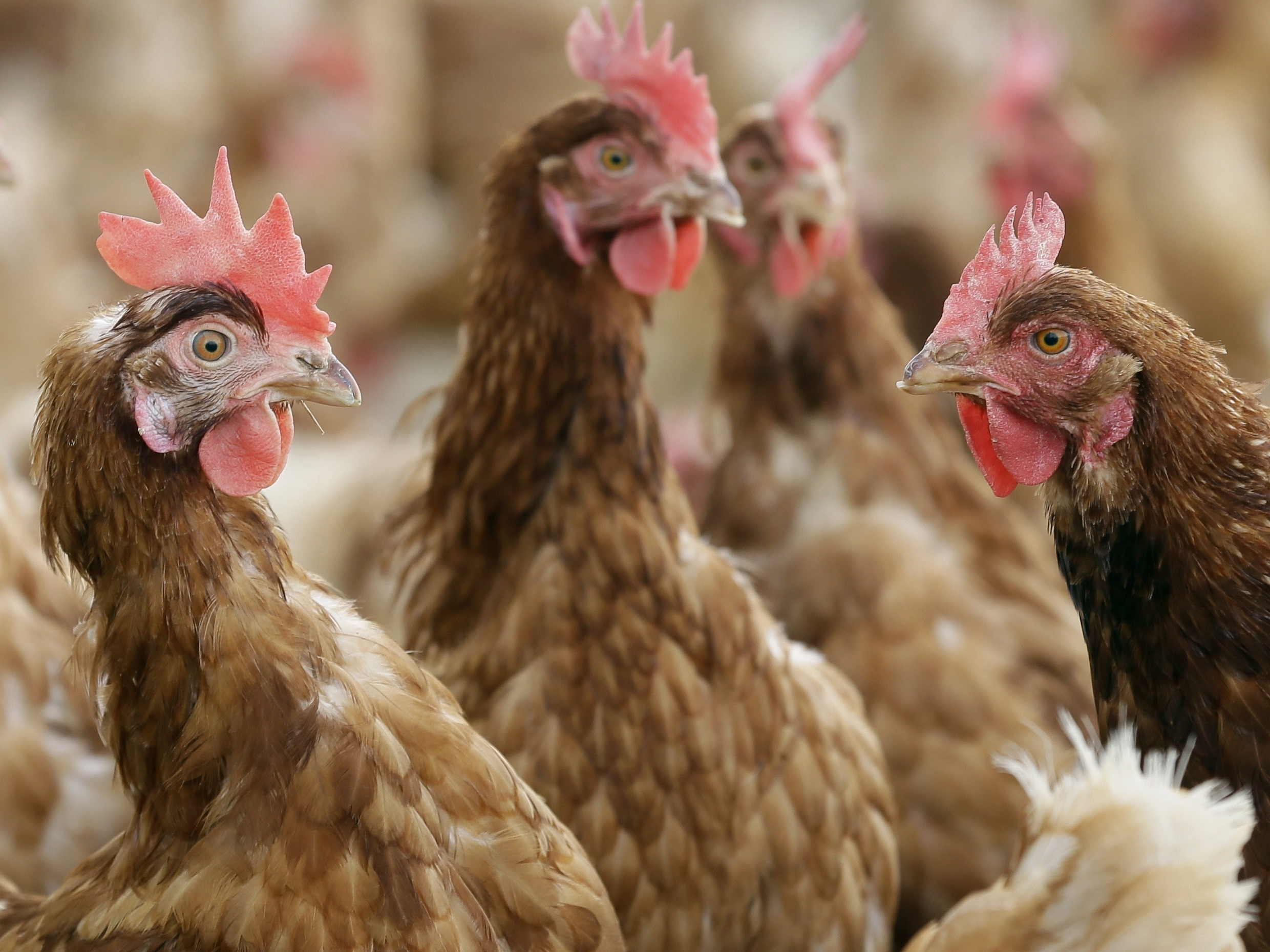
Governor Jared Polis has declared a disaster emergency after an outbreak of avian flu was detected at a large commercial egg operation in Weld County last Friday, freeing up state resources to help agriculture officials and farmers respond to the situation.
Federal avian flu protocol dictates that all birds in a flock have to be humanely put down if a single case of the highly contagious virus is detected among it. In this particular outbreak, all 1.78 million chickens at the Weld County farm will have to be killed to prevent any further spread.
The Weld County outbreak is the first at a commercial facility in Colorado since February and only the second since December 2022. Avian flu detections among commercial and backyard poultry flocks have been relatively low in recent years, due in part to farmers following strict biosecurity measures.
The latest outbreak comes as national concerns around the avian flu reach new heights. In spring, federal officials began detecting the presence of avian flu within domestic cattle herds across the nation. Currently, Colorado is reporting more cases among dairy cows than any other state, according to federal data. Unlike birds, however, cattle typically survive infection after a period of symptoms and producers are not required to destroy infected animals.
Avian flu’s jump from birds to cattle has health officials concerned about how the virus could continue to mutate and spread. The virus has already shown it has the capacity to spread to humans. Last week, the state health department said an employee of a dairy farm contracted avian flu from animals on site.
The infected man showed mild symptoms and was prescribed an antiviral treatment. Federal and state officials maintain that the risk to humans is still low, and that pasteurized milk products and beef are safe to consume. Those who come into close contact with cattle and birds are encouraged to take several precautions, including wearing personal protective gear when around animals.
- Employee at dairy farm contracted Colorado’s first human case of avian flu this year
- Colorado has the most cases of bird flu among dairy cows in the U.S.
- More cows are getting avian flu in Colorado, officials are trying to stop it from spreading to humans
- The avian flu has been detected in Colorado cows. Here’s what that means for you









